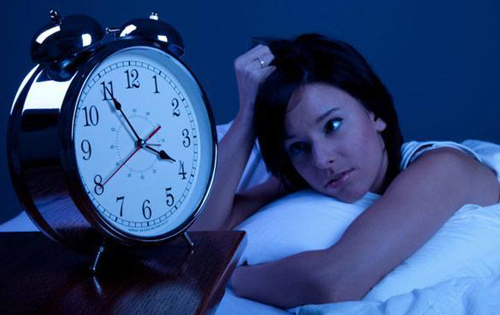
A sleep disorder, or somnipathy, is a medical disorder of the sleep patterns of a person or animal. Some sleep disorders are serious enough to interfere with normal physical, mental, social and emotional functioning. Polysomnography and actigraphy are tests commonly ordered for some sleep disorders.
Disruptions in sleep can be caused by a variety of issues, including teeth grinding (bruxism) and night terrors. When a person suffers from difficulty falling asleep and/or staying asleep with no obvious cause, it is referred to as insomnia.
Sleep disorders are broadly classified into dyssomnias, parasomnias, circadian rhythm sleep disorders involving the timing of sleep, and other disorders including ones caused by medical or psychological conditions.
The most common sleep disorder is insomnia. Others are sleep apnea, narcolepsy and hypersomnia (excessive sleepiness at inappropriate times), sleeping sickness (disruption of sleep cycle due to infection), sleepwalking, and night terrors. Management of sleep disturbances that are secondary to mental, medical, or substance abuse disorders should focus on the underlying conditions.
Symptoms of Sleep Disorders?
Symptoms can differ depending on the severity and type of sleeping disorder. They may also vary when sleep disorders are a result of another condition. However, general symptoms of sleep disorders include:
- Difficulty falling or staying asleep
- Daytime fatigue
- Strong urge to take naps during the day
- Irritability or anxiety
- Lack of concentration
- Depression

